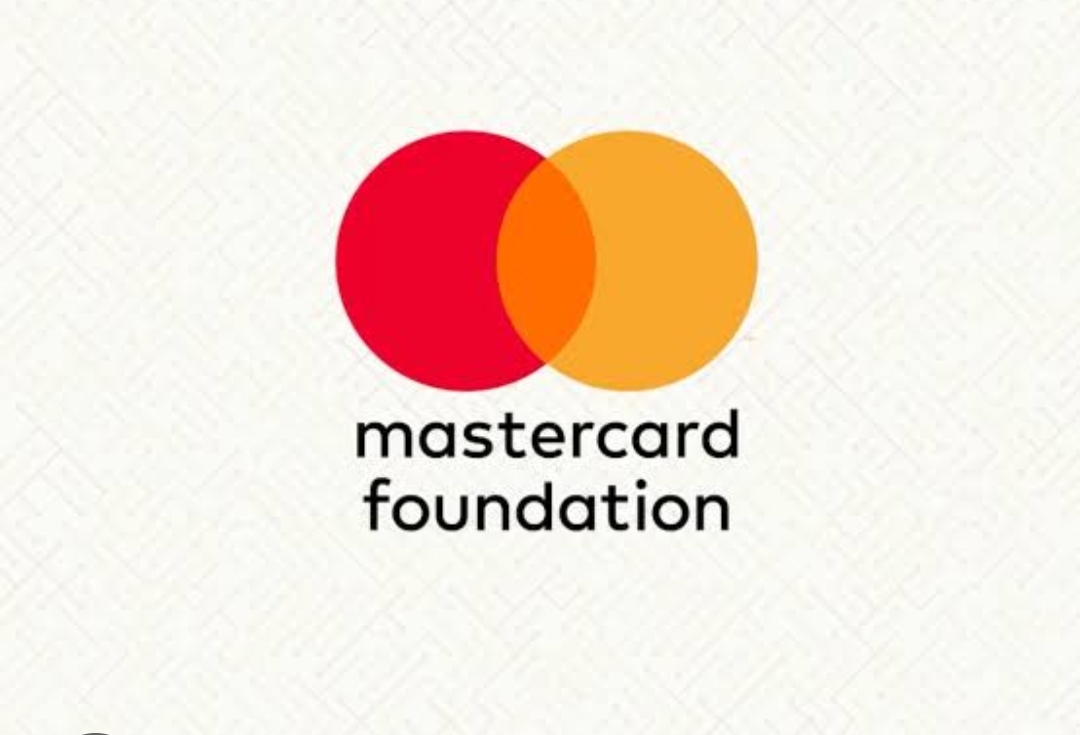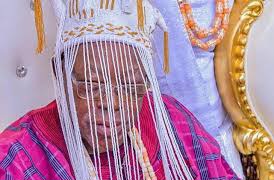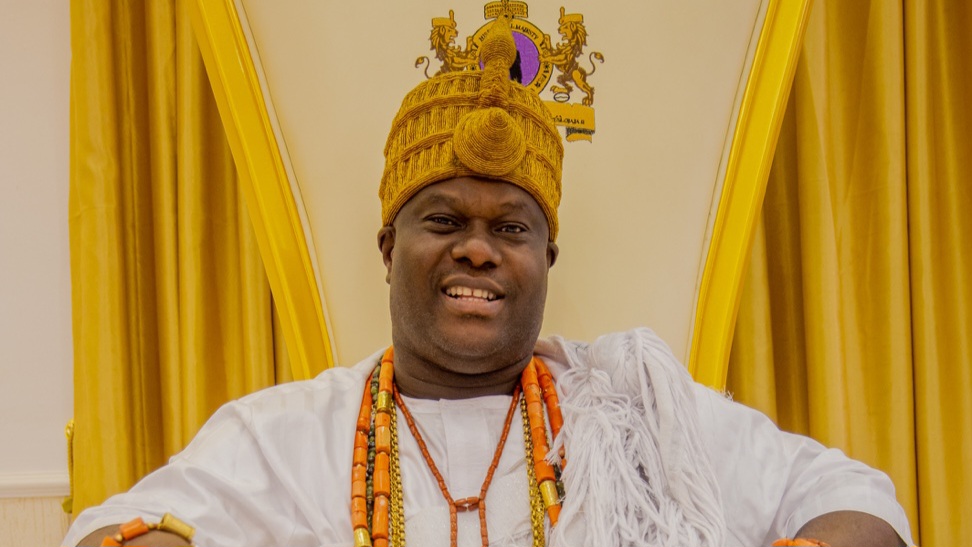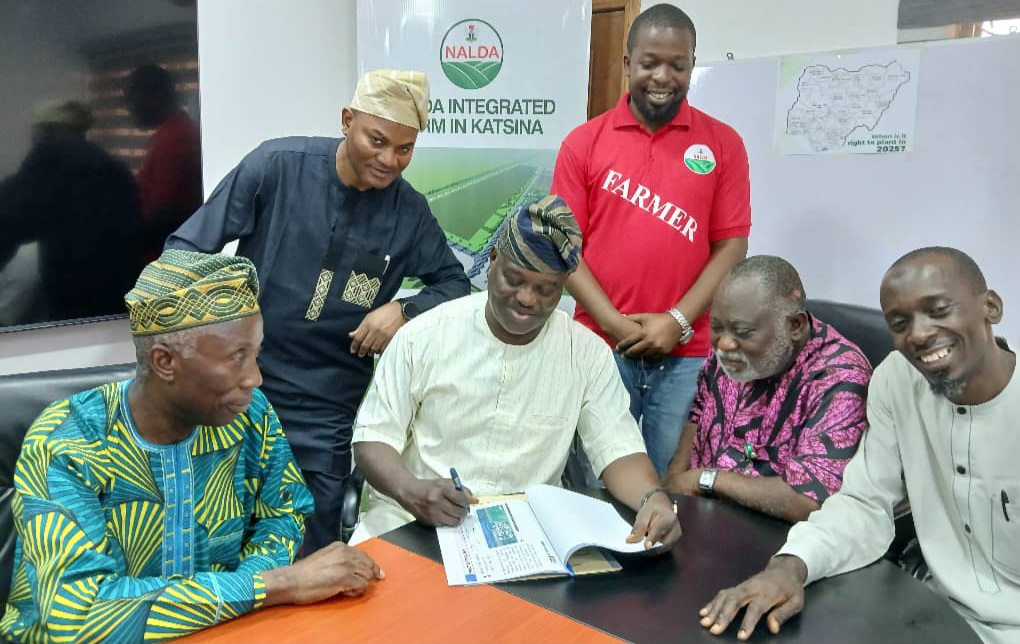 Despite being closest to their challenges, the voices of young people on the margins are often excluded from forums, research, and conversations about shaping their future. If we give them the tools to become researchers, we can further unlock their agency and support the changes they’re already spearheading in their communities.
Despite being closest to their challenges, the voices of young people on the margins are often excluded from forums, research, and conversations about shaping their future. If we give them the tools to become researchers, we can further unlock their agency and support the changes they’re already spearheading in their communities.
Africa has the youngest population in the world, with more than 400 million young people aged between 15 and 35 years, according to the African Union. For decades, there has been a growing acknowledgement in Africa that if there is any hope of realising an inclusive and just future, the focus must be on youth. This is reaffirmed by Aspiration 6 of the African Union Commission’s Agenda 2063, which recognises young people as crucial to attaining people-driven development on the continent. Yet, for too long, a particular segment of young people has been left out of the conversation; youth on the margins.
They are those who are excluded, disadvantaged, or discriminated against due to factors like poverty, lack of education, and social exclusion, and are often spoken about as “beneficiaries”. They are rarely spoken with in these formal spaces, missing an important opportunity to shape conversation. They are young people, in the majority, who experience the very struggles we often discuss, such as unemployment, exclusion, and lack of opportunity
It is argued that dignified living and work extend beyond income to encompass voice, purpose, and inclusion. This makes young people on the margins co-creators, innovators, and changemakers in their own lives and communities; however, they are often not fully or deeply engaged in critical decision- making spaces, thereby missing an important opportunity to shape the conversation.
Additionally, research on young people on the margins and their communities is often conducted by elites who aren’t embedded in these very same communities. Given the opportunity, young people on the margins are highly capable of sharing even more insights about their lives and communities when equipped as the researchers themselves. One approach, shifting power from experts, is Participatory Action Research (PAR). It involves young people on the margins as collaborators and creators in the research, allowing them to gather insights that reshape policy and practice.
The PAR approach to research invites members of a community to be active participants in how research is conducted and how knowledge is gathered and documented. When trained in using this research approach, young people can tap into the deep knowledge that communities already possess. It also helps ensure that research and policy are grounded in lived experience and offer perspectives that are often missing.
These insights help build solutions that are more inclusive, relevant, and lasting. TrustAfrica’s partnership with Mastercard Foundation in spearheading the African Youth Panel initiative (AYP) is one such example of a PAR in action. The AYP serves as a platform for young people on the margins to be equipped with PAR tools to explore ways to create secure and sustainable futures for themselves by identifying barriers to meaningful life and work, and to design solutions to address them.
Through the initiative, young people have been equipped to become community researchers who can deeply connect with their communities, uncovering the realities behind the barriers to employment, equity, and a life they see as dignified. Over time, they will be able to further shape the future they want based on the youth-led research and insights.
73% of participants in the initiative are women, 67% are from rural communities,10.5% live with disabilities, 5.5% are refugees, and 89% do not have a university degree. The aim is to amplify the voices of those often excluded from policy tables and national conversations. Some of the ways in which PAR has been used in the initiative so far include holding focus group discussions in local languages and gathering insights from marketplaces, farms, and informal settlements.
One participant in the initiative is Alain Nshimiyimana from Rwanda’s South Province, Huye District, who was already leading community action against drug abuse. He has gained new tools, such as a mobile device with the Kobo Collect App, to engage his community more meaningfully by gathering insights and amplifying local voices on what dignified living and work truly mean for him and his community.
“As someone who struggled with substance abuse, the African Youth Panel initiative came out at the right time to give me a voice of impact. I am using the support to further my studies and enhance my community outreach program. I have now been able to gather voices to influence change in my community and beyond,” he says.
When supported and equipped, young people can continue to turn lived experiences into knowledge and solutions. PAR can also serve as a way to democratize knowledge and further enable young people’s agency, which can lead to inclusive transformation in their communities and the ecosystems in which they operate.
Youth-led research has the power to shape programs, policies, and the very systems that often overlook young people as essential changemakers and leaders in their communities, despite the many barriers they face.
Therefore, it must be incorporated into policies and development plans, and platformed in a way that the communities involved in knowledge creation equally have access.
As the continent faces its biggest demographic shift, PAR can play a critical role by further strengthening the agency of young people on the margins and bringing their voice, perspectives and influence to the table.
● Briggs Bomba is a Programs Director at TrustAfrica and Ayo Ojebode, Director of Knowledge Systems, Products, and Learning at the Mastercard Foundation.





